Ever wonder if that slice of pizza or scoop of ice cream could actually help your diet rather than hurt it? In today’s world of rigid eating plans and clean-eating pressure, the concept of a “cheat day” sparks plenty of debate.
Should you indulge once a week? Once a month? Or avoid it altogether? The truth is, when done right, cheat meals can boost motivation, improve psychological wellness, and even support long-term weight management.
In this article, we explore 7 essential insights—from expert opinions and metabolic effects to psychological benefits and practical tips.
So you can enjoy your favorite foods without guilt and still stay on track with your health goals.
Let’s start!
- 1. How Often Should You Have Cheat Days?
- 2. Cheat Day or Cheat Meal?
- 3. Do Cheat Days Boost Your Metabolism?
- 4. Can Cheat Days Affect Your Weight Loss?
- 5. What Are the Psychological Benefits of Cheat Days?
- 6. What Should You Eat on a Cheat Day?
- 7. Can You Still Be Healthy with Regular Cheat Days?
- How Often Should You Have Cheat Days? A Recap
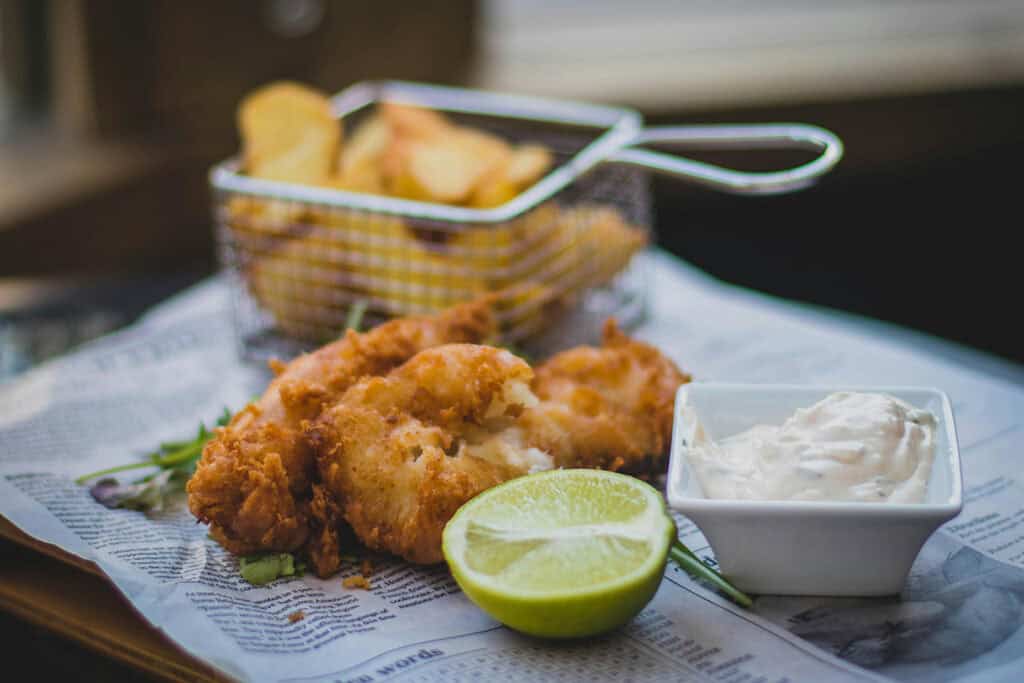
1. How Often Should You Have Cheat Days?
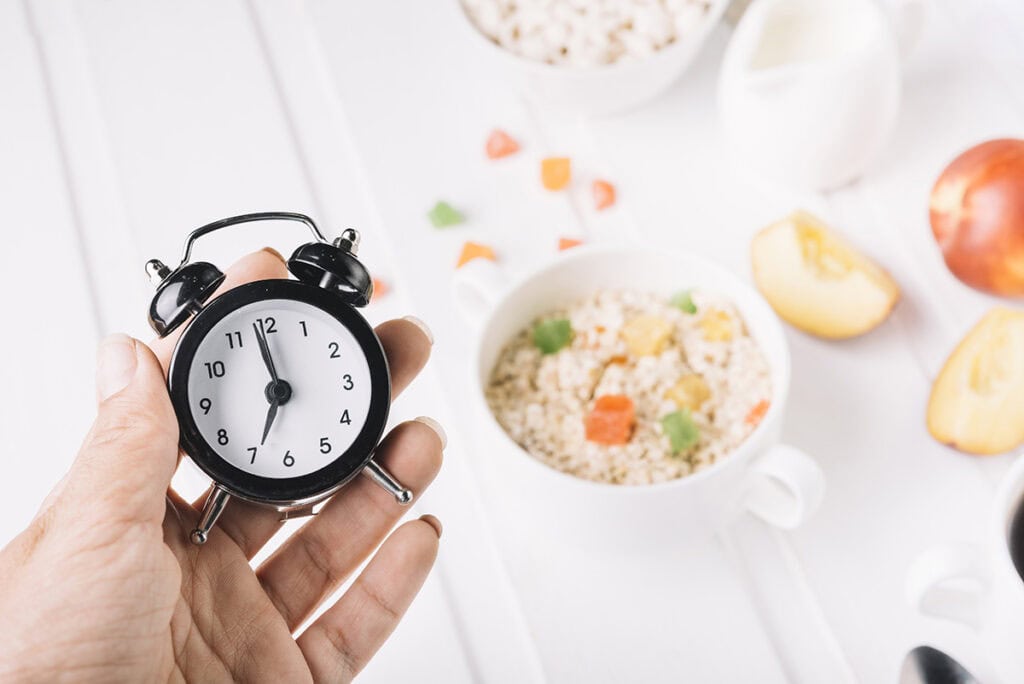
The frequency of cheat days depends on individual goals, lifestyle, and health status. According to many nutritionists, a cheat meal once a week or every 10 days is generally acceptable and can support long-term dietary adherence without significantly impacting weight loss or health goals.
- Expert Opinions:
- Harvard Health recommends the 90/10 rule—90% of meals healthy, 10% flexible.
- Dietitians favor the 80/20 rule for more flexibility and sustainability.
- Cleveland Clinic suggests focusing on balance and avoiding guilt around food.
Cheat meals can also help maintain a healthy eating mindset over time, preventing feelings of deprivation that may lead to overeating. Mental breaks from a strict diet can make you more likely to stick to your goals and support weight management.
See also Weight Loss Vision Board
2. Cheat Day or Cheat Meal?
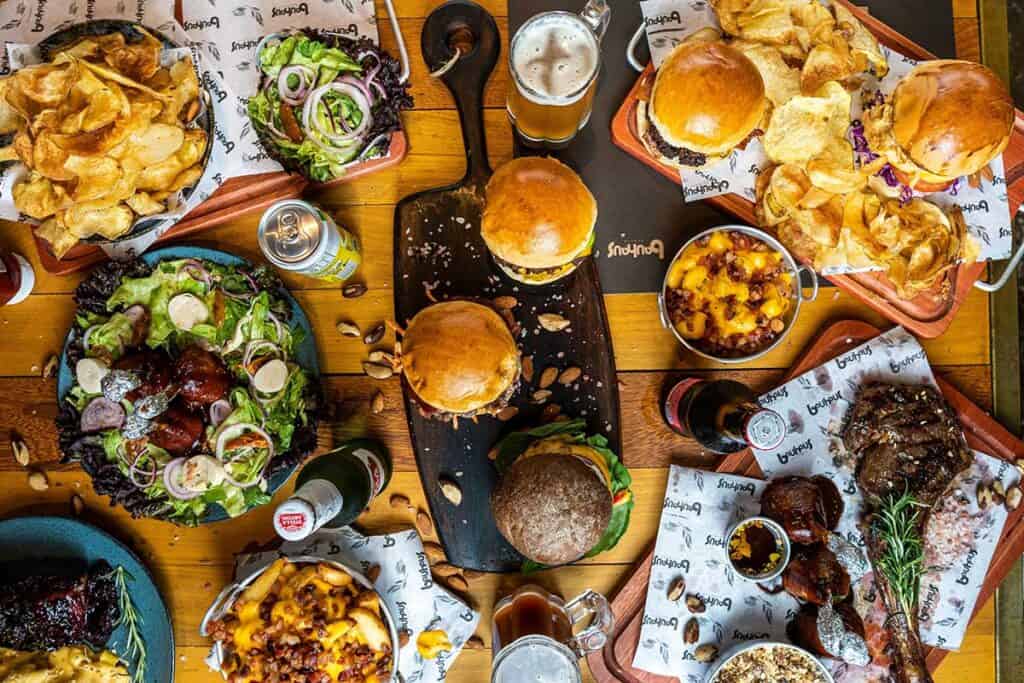
The terms “cheat day” and “cheat meal” are often used interchangeably, but they signify different approaches:
- Cheat Meal: A single indulgent meal within a day.
- Cheat Day: An entire day dedicated to consuming foods outside one’s regular diet.
Healthline notes that while cheat meals allow for controlled indulgence, cheat days can lead to excessive calorie intake, potentially undoing a week’s worth of dietary discipline. Moreover, the term “cheat” can foster a negative relationship with food, implying guilt or wrongdoing.
Many dietitians agree that a cheat meal is better and can be used more frequently—especially when socializing or eating out. It gives flexibility without the downsides of a full-day splurge, and it’s easier to bounce back from a single indulgent meal than an entire cheat day filled with junk food and unhealthy foods.
3. Do Cheat Days Boost Your Metabolism?
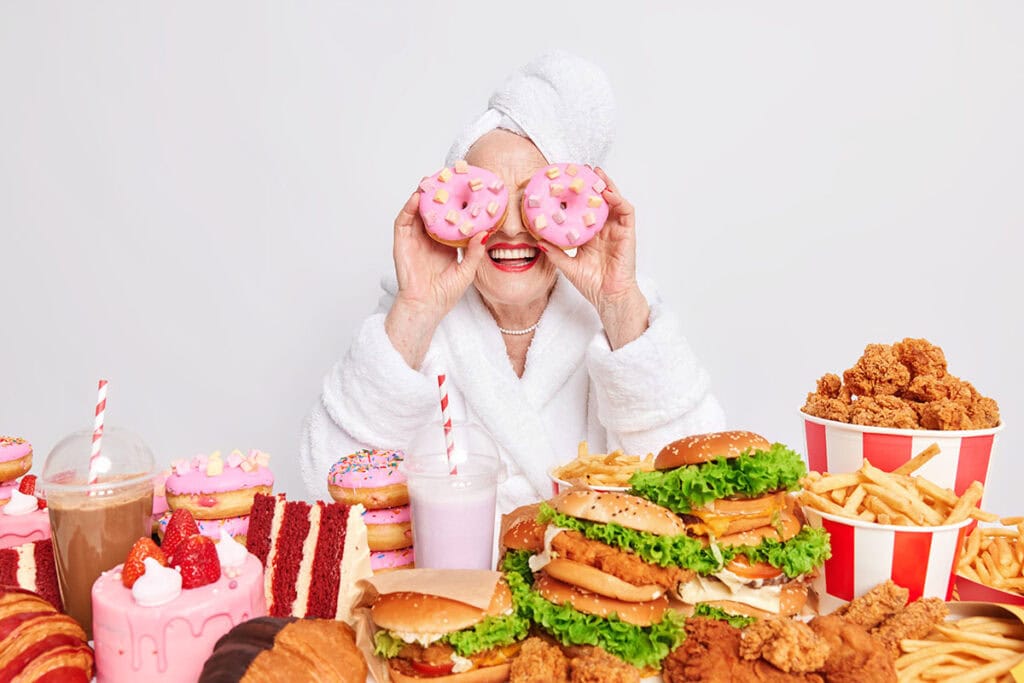
Cheat meals can offer psychological benefits and might slightly boost metabolism. Research from Northwestern Medicine indicates that consuming a larger meal can increase leptin levels—a hormone that regulates energy balance—by up to 30% for 24 hours, potentially enhancing metabolic rate.
However, it’s essential to approach cheat meals with caution:
- Risk of Overeating: Without moderation, cheat meals can escalate into binge episodes.
- Emotional Consequences: Labeling foods as “cheats” can lead to guilt and a disordered eating mindset.
According to studies, indulging in cheat meals rather than full cheat days is less likely to negatively affect fat cells and calorie intake. This balance supports a healthy diet while allowing for brief dietary flexibility.
4. Can Cheat Days Affect Your Weight Loss?
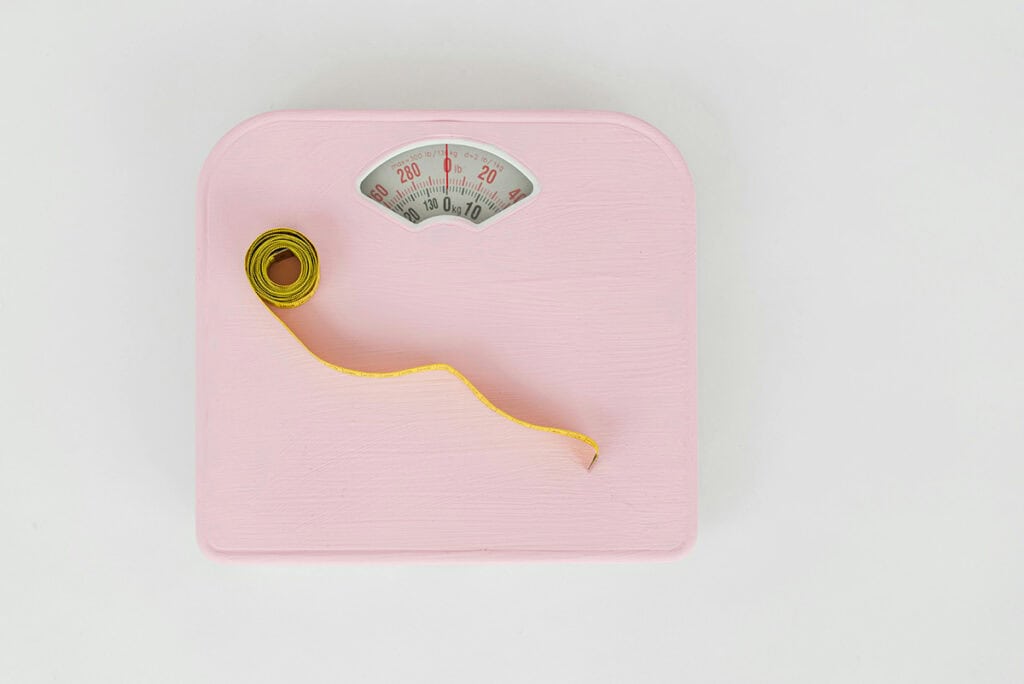
Cheat days, when done right, won’t necessarily sabotage your weight loss journey. The key lies in portion control and frequency. Occasional indulgence can satisfy cravings, making long-term dieting easier and helping you lose weight sustainably.
- Balance Is Key:
- Stick to the 80/20 or 90/10 rule.
- Use cheat meals as motivation, not a reward.
- Avoid bingeing—overindulging can undo progress.
Nutritionists emphasize that sustainable weight loss stems from consistency, not perfection. Including planned cheat meals helps create a realistic and enjoyable eating routine. Maintaining a healthy eating pattern most days of the week, even when following a low calorie diet, makes room for occasional cheat day without fear of weight gain.
5. What Are the Psychological Benefits of Cheat Days?

Cheat meals offer more than physical benefits; they provide emotional and psychological relief from dietary restriction. A moment of indulgence can reduce stress and increase motivation.
- Mental Health Boosts:
- Reduces diet fatigue
- Helps avoid obsession with “clean eating”
- Offers a sense of control and balance
Cheat days give your mind a rest, especially during a few days of intense dieting. Still, be mindful not to view cheat meals as “good vs. bad.” Avoid labeling to maintain a healthy relationship with food and self. Practicing forgiveness and recognizing that minor transgressions don’t make or break your health journey is essential to emotional wellness.
6. What Should You Eat on a Cheat Day?
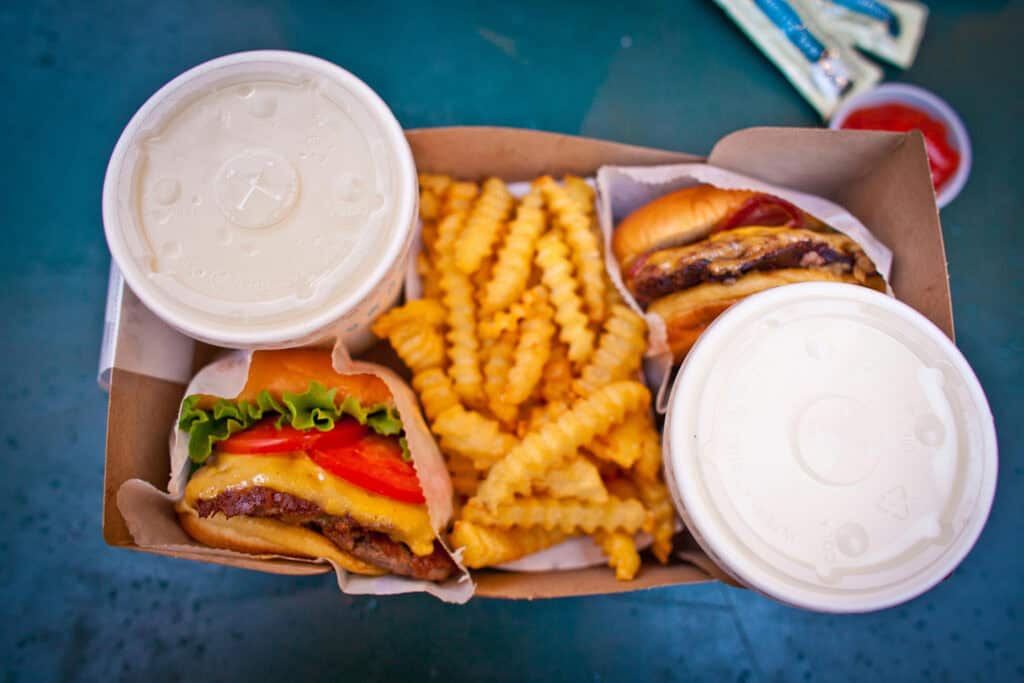
The best foods for cheat days are those you genuinely enjoy. Prioritize indulgences that satisfy your cravings without making you feel bloated or guilty afterward.
- Popular Cheat Foods:
- Pizza, burgers, or fries in moderation
- Chocolate, ice cream, or baked goods
- Ethnic comfort foods or childhood favorites
Stick to reasonable portions and hydrate well. Avoid turning cheat meals into an entire cheat day unless it’s a rare, special occasion. Pay attention to how different foods affect your body and mood—some may trigger symptoms or discomfort. Choose indulgent meals that complement your overall healthy lifestyle and help improve long-term eating habits.
7. Can You Still Be Healthy with Regular Cheat Days?
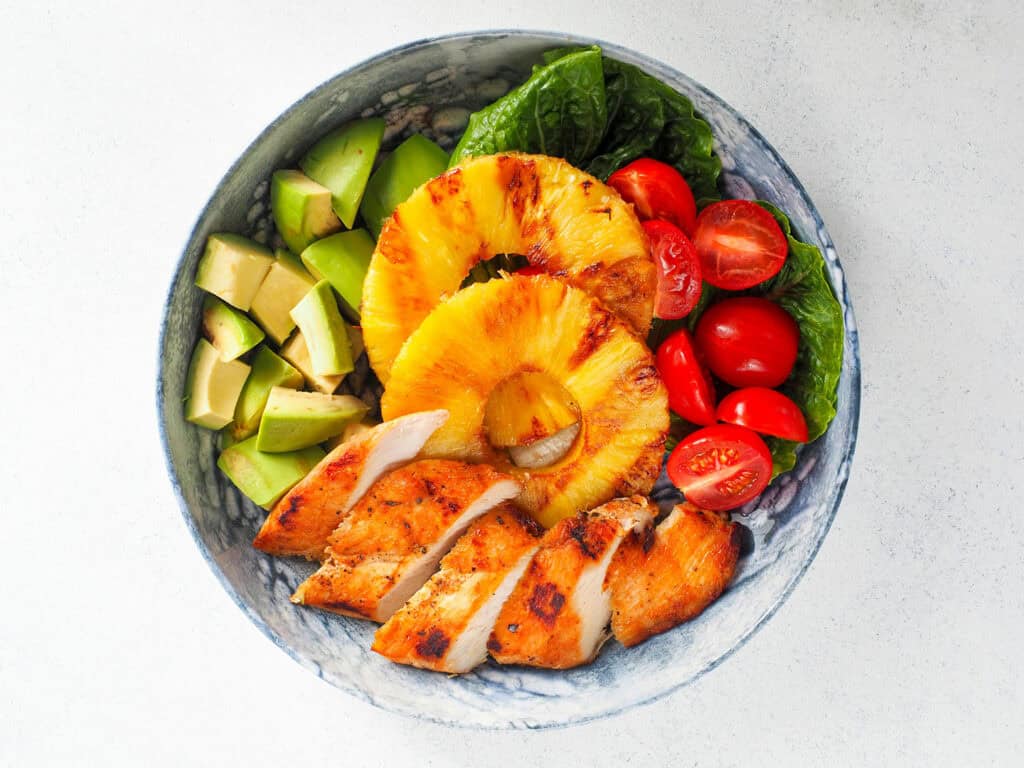
Yes—if managed wisely. Regular cheat meals can be part of a healthy lifestyle, particularly if your overall diet is nutrient-dense and well-balanced.
- Tips to Stay Healthy:
- Keep cheat meals nutrient-rich when possible (e.g., whole grain pizza)
- Stick to your fitness routine
- Hydrate and sleep well
Even with a strict diet, incorporating cheat days helps maintain motivation and energy levels. Make sure to return to healthy foods the next day and not let one indulgence spiral into unhealthy habits. A well-managed cheat day won’t cause long-term weight gain if balanced with regular exercise and mindful eating.
Experts stress the importance of open communication with your dietitian, especially if you’re following a restrictive plan. Understanding your own boundaries can help you enjoy cheat meals without guilt. Remember, the short answer to whether you can be healthy with cheat meals is: yes, but it depends on context.
See also The Best Foods to Eat After a Workout
How Often Should You Have Cheat Days? A Recap
Incorporating cheat meals into a dietary regimen can offer psychological relief and potentially boost metabolism. However, moderation and mindfulness are paramount. Adopting strategies like the 80/20 or 90/10 rule can provide structure, allowing for occasional indulgence without derailing overall health goals.
Ultimately, fostering a balanced and guilt-free relationship with food is essential for long-term well-being.
Whether you’re navigating a restrictive diet, managing past trauma, or dealing with the emotional aftermath of hurtful behavior toward your body, planned cheat meals can provide a sense of control and joy. Find forgiveness for past diet mistakes and focus on progress—not perfection—in your health journey.
Eat foods that bring satisfaction while maintaining your commitment to healthy eating, and enjoy the benefits of a truly balanced lifestyle.


